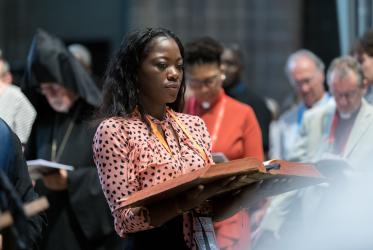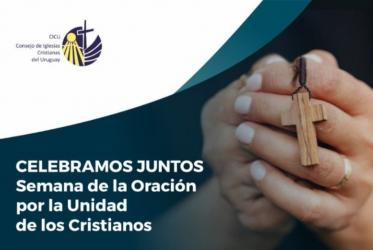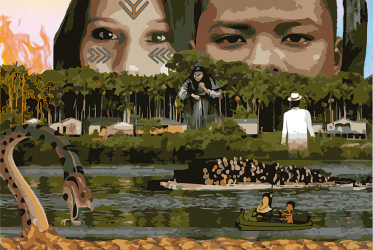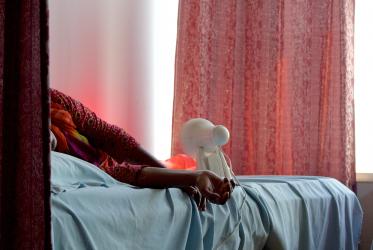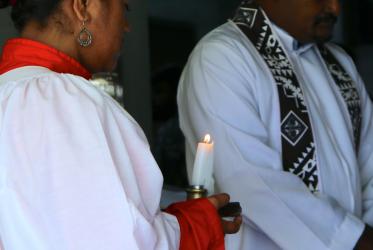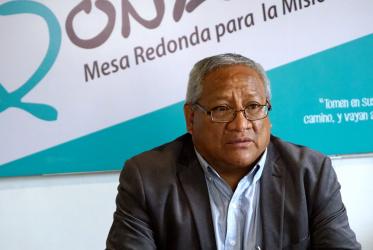Displaying 1 - 20 of 67
WCC will host consultation on evangelism and formation in Latin America
20 September 2023
Migrants in Argentina find listening ears and open hearts
04 November 2022
WCC podcast deals with death and dying
15 December 2020
New student body at Bossey Ecumenical Institute “a source of joy”
14 September 2020
The cry of the Papuans in Indonesia
14 November 2019
Larissa Aguiar Garcia: "We're opening a safe space”
26 September 2019

